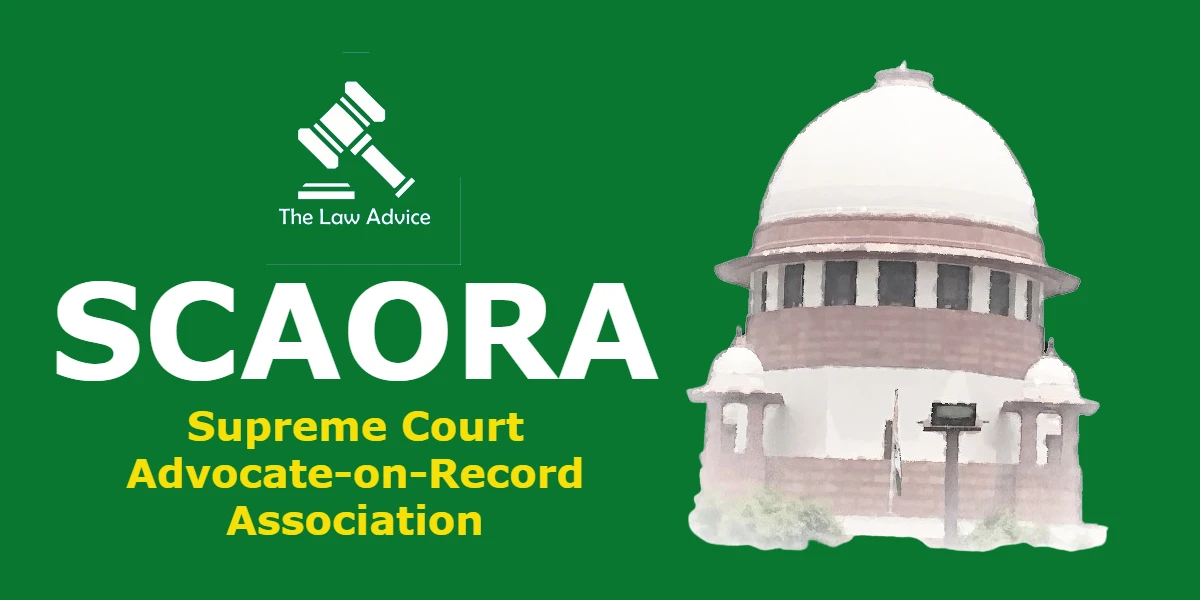
The Supreme Court Advocates-on-Record Association (SCAORA) has written to Chief Justice of India (CJI) BR Gavai seeking urgent institutional guidelines to curb the rising trend of advocates creating promotional videos and social media reels within the Supreme Court premises, including restricted high-security areas.
The letter—sent after a resolution passed by the Association—was signed by SCAORA President Vipin Nair and Honorary Secretary Nikhil Jain.
Highlighting an “alarming rise” in such content creation, SCAORA expressed concern over lawyers filming and uploading reels on platforms like Instagram, YouTube, Facebook, and X. Many of these videos, the Association noted, feature personal contact details or solicit services—actions expressly prohibited by the Bar Council of India (BCI) Rules.
Even when content is framed as “public awareness,” SCAORA stated it often crosses into unethical self-promotion.
“Such activities not only diminish the dignity and decorum of the legal profession but also risk eroding public trust in the legal system,” the letter stated.
The Association underscored that some Advocates-on-Record (AoRs) were also engaging in this conduct, despite their enhanced duty to maintain professional standards.
Further, it warned that clips from live-streamed court proceedings were being used in such videos, increasing the risk of distortion, sensationalism, and public misinformation.
“Such practices can misrepresent judicial proceedings, undermine the sanctity of the Court and spread misinformation,” it cautioned.
The letter pointed out that several Supreme Court judges have previously raised concerns over the misuse of livestream footage and short video clips taken out of context.
Ban all unauthorised videography, photography, and content creation within Supreme Court premises, especially in high-security zones.
Reiterate the prohibition on legal solicitation, direct or indirect, in line with Bar Council rules.
Restrict the sharing of livestream or courtroom footage to only officially sanctioned platforms.
Initiate disciplinary proceedings for violations, with special emphasis on AoRs’ accountability.
A separate representation dated July 25—attached to the letter—was also sent to the Supreme Court Bar Association (SCBA) and SCAORA’s Executive Committee, reiterating similar concerns. Signed by 42 members of the Bar, the note warned that such actions, including those by AoRs, risk setting a damaging precedent for the profession.
The communication has also been marked to the Bar Council of India and the Bar Council of Delhi for appropriate action
Website designed, developed and maintained by webexy